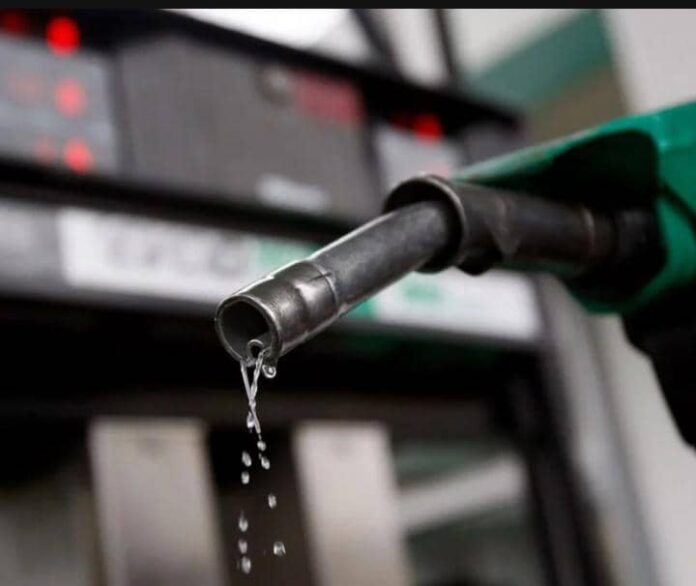By Fatima Mukhtar
Nigerians are facing yet another round of petrol price increases as filling stations across the country adjust pump prices upward despite recent efforts to stabilize the market.
Checks across major cities including Lagos, Abuja, and Kano show that petrol now sells for between ₦841 and ₦865 per litre, depending on the marketer and location. Some stations, particularly independent marketers, still dispense at the upper range, while a few major marketers have slightly reduced prices to ₦841.
The latest development comes barely weeks after the Dangote Refinery announced plans to supply fuel directly to marketers at an ex-depot price of around ₦820 per litre, with the aim of easing distribution costs and lowering retail prices. However, the expected relief has not materialized, as most stations claim they are still selling old stock purchased at higher rates.
Industry sources attribute the renewed hike to supply disruptions, foreign exchange costs, and logistical challenges in the transition to the new Dangote distribution system. The expiration of the crude-for-naira arrangement between the Nigerian National Petroleum Company Limited (NNPCL) and the refinery has also pushed marketers to source crude in dollars, further driving up prices.
The situation has already begun to impact transportation and the prices of essential goods and services, worsening the cost-of-living burden for millions of Nigerians. “They said Dangote’s fuel would make life easier, but it’s still the same price, even higher in some places,” lamented a commuter in Abuja.
Meanwhile, the Federal Government has postponed the implementation of a proposed 5 percent fuel surcharge under the new tax law to January 2026, citing fears that the levy could worsen the current hardship.
Analysts say that unless crude supply and exchange rate pressures ease, Nigerians may continue to see unstable fuel prices in the coming months.




